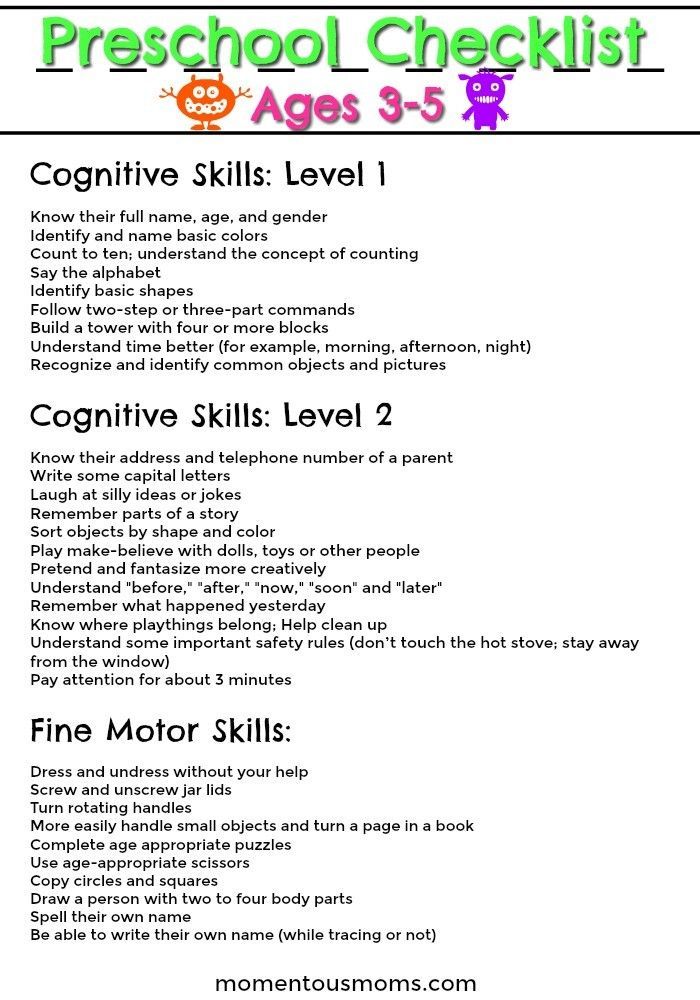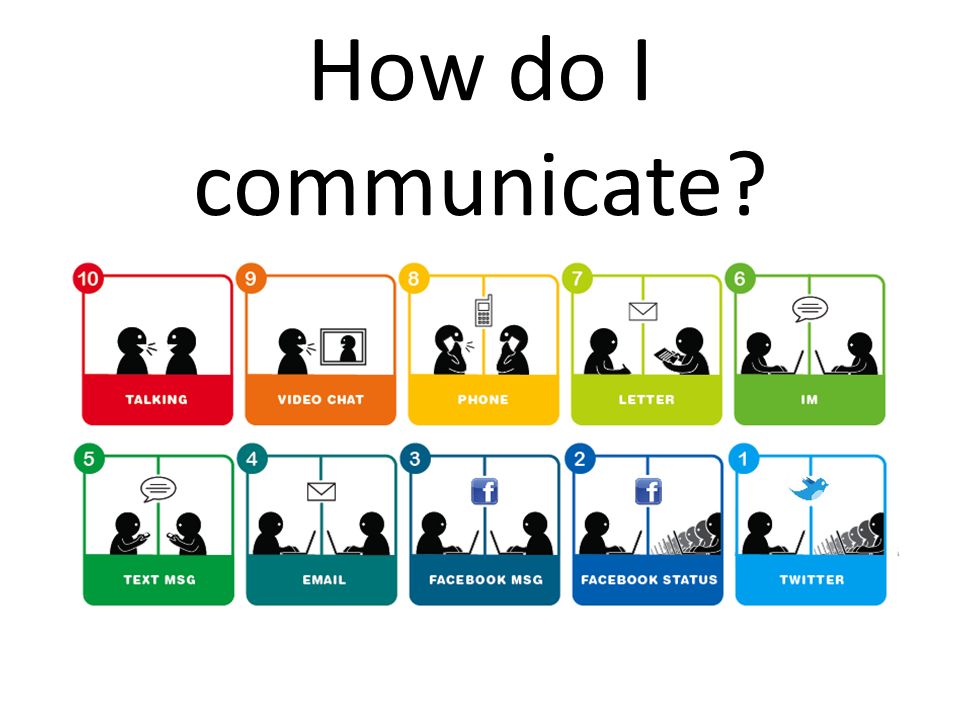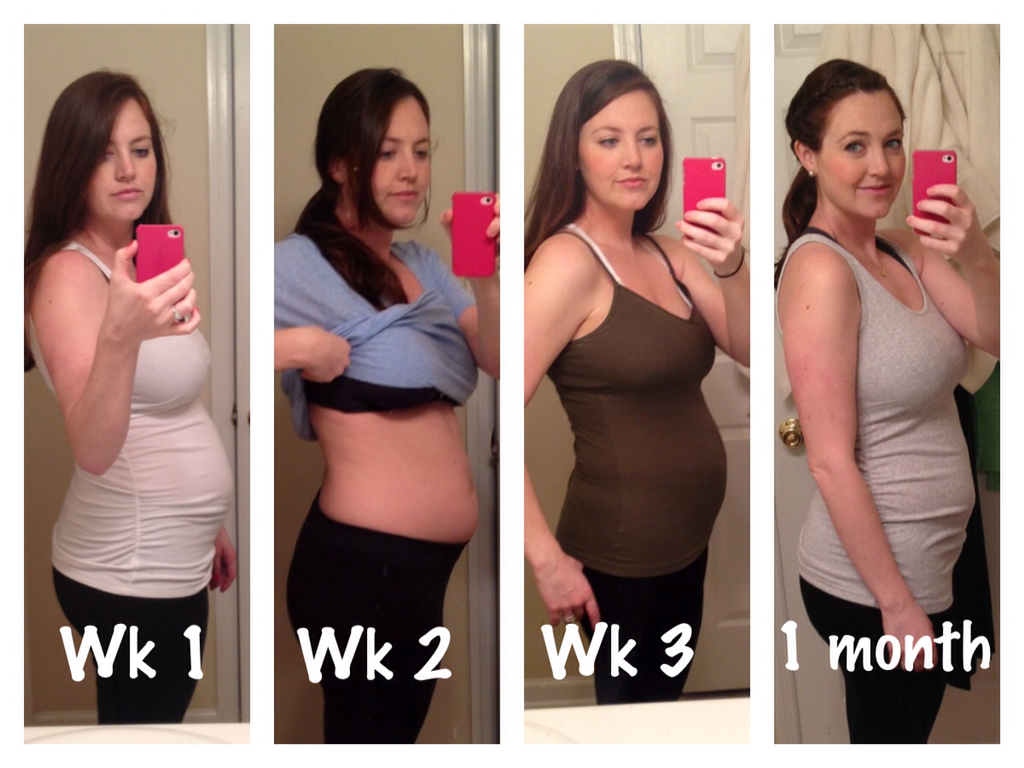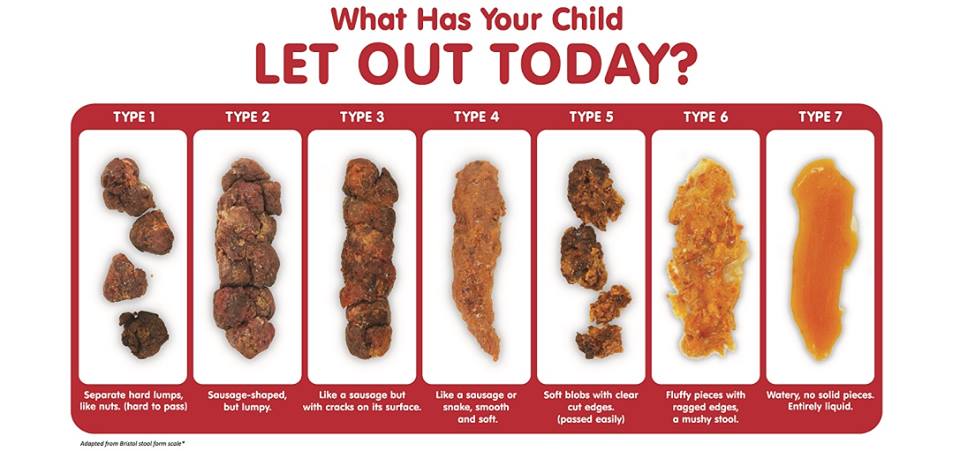I was born premature
Long-term health effects of premature birth
Premature birth is birth that happens too soon, before 37 weeks of pregnancy.
Babies born prematurely may have more health problems at birth and later in life than babies born later.
Premature babies can have long-term intellectual and developmental disabilities and problems with their lungs, brain, eyes and other organs.
Finding and treating health problems as early as possible can help premature babies lead, healthier lives.
How can premature birth affect a baby’s health?
Premature birth is birth that happens too soon, before 37 weeks of pregnancy. Babies born this early may have more health problems or need to stay in the hospital longer than babies born later. These premature babies may need special medical care in a newborn intensive care unit (also called NICU). Each year, about 1 in 10 babies in the United States is born prematurely.
Prematurity can cause problems for babies throughout their lives. The earlier a baby is born, the more likely she is to have health problems. Some of these problems may not show up for several years, even into adulthood. Finding and treating health problems as early as possible—and preventing premature birth when possible—can help babies lead longer, healthier lives.
How can premature birth affect a baby’s brain?
Premature birth can lead to long-term intellectual and developmental disabilities for babies. These are problems with how the brain works. They can cause a person to have trouble or delays in:
- Physical development
- Learning
- Communicating
- Taking care of himself
- Getting along with others
Some long-term conditions linked to premature birth include:
- Cerebral palsy (also called CP). This is a group of conditions that affects the parts of your brain the brain that control your muscles. This can cause problems with movement, posture (standing up straight) and balance.
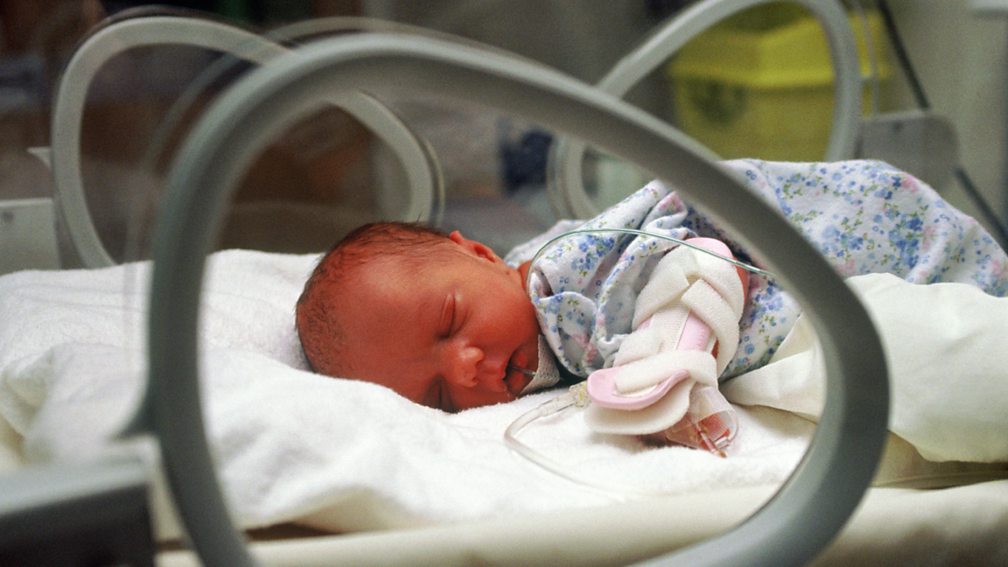
- Behavior problems. Some studies show that premature babies may be more likely to have attention deficit hyperactivity disorder (also called ADHD) than babies born on time. ADHD is a condition that makes it hard for a person to pay attention and control his behavior.
- Mental health conditions. Premature babies may be more likely to have anxiety or depression later in life. Depression is a medical condition in which strong feelings of sadness last for a long time and interfere with your daily life. It needs treatment to get better. Anxiety is when you feel worried or fearful and these feelings affect your daily life, like school work, jobs or relationships with others.
- Neurological disorders. These conditions affect the brain, spinal cord and nerves throughout the body.
How can premature birth affect a baby’s lungs?
Premature birth can cause a baby to have lung and breathing problems, including:
- Asthma.
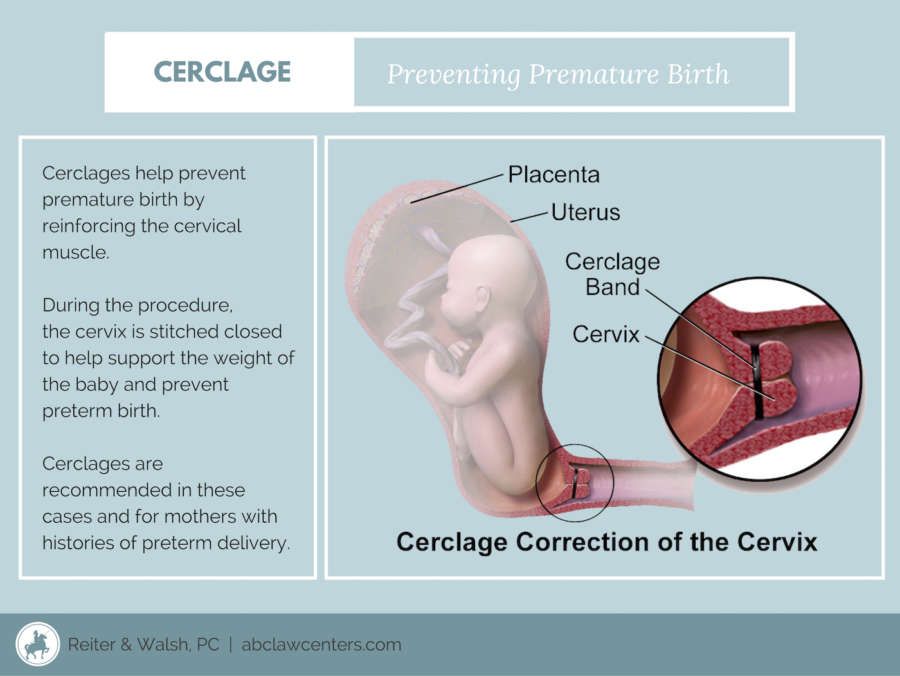 This is a health condition that affects the airways and can cause breathing problems.
This is a health condition that affects the airways and can cause breathing problems. - Bronchopulmonary dysplasia (also called BPD). This is a lung disease that can develop in premature babies as well as babies who have treatment with a breathing machine. BPD can cause swelling and scarring in the lungs. Babies with BPD are more likely to get lung infections like pneumonia. Over time, the lungs usually get better, but a premature baby may have asthma-like symptoms or long-term lung damage throughout his life.
What other long-term health problems can premature birth cause?
Premature birth can lead to these health problems:
- Dental problems. Premature babies may have delayed tooth growth, changes in tooth color or teeth that grow crooked or out of place as they get older.
- Hearing loss. Children born prematurely are more likely to have hearing loss than children born on time.
.jpg)
- Infections. Premature babies often have trouble fighting off germs because their immune systems are not fully developed. This means they can get infections more easily. Infections can still be a problem as your baby grows.
- Problems with the intestines. These problems may be caused by necrotizing entercolitis (also called NEC). This is a common but very serious disease that can affect a newborn baby’s intestines. Intestines are long tubes that are part of your digestive system. While most babies with NEC get better, some may have ongoing intestinal problems, like scarring or blockage in the intestine. Surgery may be needed to treat these problems. Some babies who’ve had surgery to remove part of the intestine may have trouble absorbing nutrients from food.
- Vision problems, like retinopathy of prematurity (also called ROP). This is an eye disease that affects many premature babies. ROP happens when a baby’s retinas don’t fully develop in the weeks after birth.
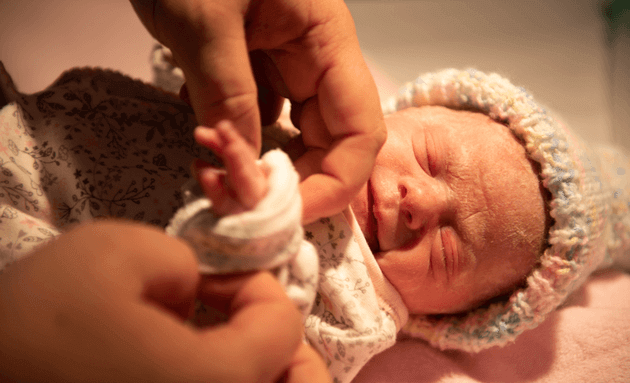 The retina is the nerve tissue that lines the back of the eye. ROP usually affects both eyes. Children born prematurely are more likely than children born on time to have vision problems.
The retina is the nerve tissue that lines the back of the eye. ROP usually affects both eyes. Children born prematurely are more likely than children born on time to have vision problems.
Last reviewed: October, 2019
When Your Baby's Born Premature (for Parents)
What Is Prematurity?
Babies born more than 3 weeks earlier than their expected due date are called "premature." Premature babies (preemies) didn't have enough time to grow and develop as much as they should have before birth.
Why Was My Baby Born Early?
Most of the time, doctors don't know why babies are born early. When they do know, it's often because a mother has a health problem during pregnancy, such as:
- diabetes (high blood sugar)
- hypertension (high blood pressure)
- heart or kidney problems
- an infection of the amniotic membranes or vaginal or urinary tracts
Babies also may be born early if:
- there's bleeding, often due to a low-lying placenta (placenta previa) or a placenta that separates from the womb (placental abruption)
- the mother's womb is not shaped typically
- they're part of a multiple birth (twins, triplets, or more)
- their mother was underweight before pregnancy or didn't gain enough weight during pregnancy
- their mother smoked, used drugs, or drank alcohol while pregnant
Does My Baby Need Special Care?
Yes, preemies may have many special needs. Younger and smaller babies tend to have more health problems than babies born closer to their due dates. So they often need care in a neonatal intensive care unit (NICU).
Younger and smaller babies tend to have more health problems than babies born closer to their due dates. So they often need care in a neonatal intensive care unit (NICU).
Why Must My Baby Stay Warm?
Preemies don't have enough body fat to hold their body temperature. Incubators or radiant warmers keep them warm in the NICU:
- Infant warmers: These small beds with heaters over them help babies stay warm while being monitored. Because they are open, the team has easy access to babies to provide care.
- Incubators: These small beds are enclosed by clear, hard plastic. Temperature in the incubator is controlled to keep a baby's body temperature where it should be. Doctors, nurses, and others can give care to the baby through holes in the sides of the incubator.
What Are My Baby's Nutritional Needs?
Breast milk is the best nutrition for all babies, especially preemies. It has proteins that help fight infection. Most preemies can't feed straight from the breast or bottle at first. Mothers pump their milk and it's given to babies through a tube that goes through the nose or mouth and into the stomach.
Most preemies can't feed straight from the breast or bottle at first. Mothers pump their milk and it's given to babies through a tube that goes through the nose or mouth and into the stomach.
If that is not an option, doctors may suggest giving the baby donor milk from a milk bank, which is safe.
If you don't breast feed or pump milk, your baby will get formula. Preemies need more calories, proteins, and other nutrients than full-term babies do. So extra nutrients called fortifiers may be added to pumped milk or specially designed preterm formulas may be used to help your baby grow.
Preemies are fed slowly because they can get necrotizing enterocolitis (NEC), a serious intestinal problem that affects preemies.
Some babies who are very small or very sick get their nutrition through intravenous (IV) feedings called total parenteral nutrition (TPN). TPN has a special mix of nutrients like proteins, carbohydrates, fats, vitamins, and minerals that can fully support a baby’s growth until they can feed.
Doctors and dietitians watch the diets of preemies very carefully and make changes when needed to make sure the babies get the nutrients needed to grow.
What Health Problems Can Happen?
Because their organs aren't fully ready to work on their own, preemies are at risk for health problems. In general, the earlier a baby was born, the greater their chances of health problems.
These problems include:
- anemia, when babies don't have enough red blood cells
- apnea, when a baby stops breathing for a short time; the heart rate may lower; and the skin may turn pale or blue
- bronchopulmonary dysplasia and respiratory distress syndrome, problems with breathing
- hyperbilirubinemia, when babies have high levels of bilirubin, which is produced by the normal breakdown of red blood cells. This leads to jaundice, a yellowing of the skin and whites of the eyes.
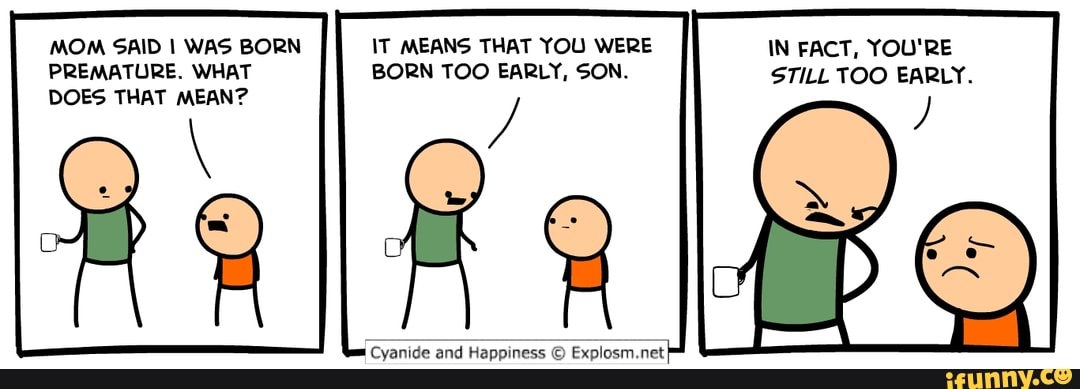
- necrotizing enterocolitis, a serious disease of the intestines
- patent ductus arteriosus, a problem with the heart
- retinopathy of prematurity, a problem with the eye's retina
- sepsis infections that babies can get before, during, or after birth
What Else Should I Know?
Preemies often need special care after leaving the NICU, sometimes in a high-risk newborn clinic or early intervention program. Depending on their health, they may need care from specialists, such as doctors who treat problems with the brain and nervous system (neurologists), eyes (ophthalmologists), and lungs (pulmonologists).
Preemies must go to all doctor visits (including well-child checkups), get the vaccines that all babies need to stay healthy, and have routine hearing and eye exams. As your little one grows, doctors will check your baby's:
- growth
- development, including speech and language, learning, and motor skills
- muscle tone, strength, and reflexes
Looking Ahead
Caring for a preemie can be more demanding than caring for a full-term baby.
Take care of yourself by eating well, resting when you can, and getting exercise. Spend one-on-one time with your other children when you can, and get help from others. Look for support from friends, family, and support groups. You also can get support online from groups such as:
- March of Dimes
- Graham's Foundation
- Life's Little Treasures Foundation
- Hand to Hold
Reviewed by: Lynn M. Fuchs, MD
Date reviewed: October 2021
Development of premature babies - problems in adulthood.
Premature birth. Adults are children born too early (PCP).
Erik Järlnes and Helle Stenerup
Recently, much attention has been paid to the problems of premature babies and their solution. Premature babies have always been born, but we did not have enough knowledge to provide them with appropriate care.
And now these children have become adults. Do they suffer from problems that may be associated with their premature birth?
Before we reproduce an interview with an adult woman who was born prematurely, let's look at some facts:
What does "PCP baby" even mean?
You can talk about the number of weeks of pregnancy and / or the weight of children at birth.
| Term -37-40 weeks | Weight over 2500 grams |
| Prematurity - 33-36 weeks | Weight less than 2500 grams |
| Severe prematurity - 28-32 weeks | Very low weight less than 1500 grams |
| Profound prematurity - 23-27 weeks | Extremely low weight less than 1000 grams |
How many preterm births are we talking about?
According to the latest data, about 60,000 children are born a year (including about 1300 Dvoen and 15 Trien). Approximately 4,500 children are born premature (before 37 weeks) - of which about 4,000 are at 33-36 weeks and about 250 at 23-27 weeks (of which about fifty are at 24-25 weeks).
Birth usually occurs after the 40th week, and all those born before this term are considered to be born "too early".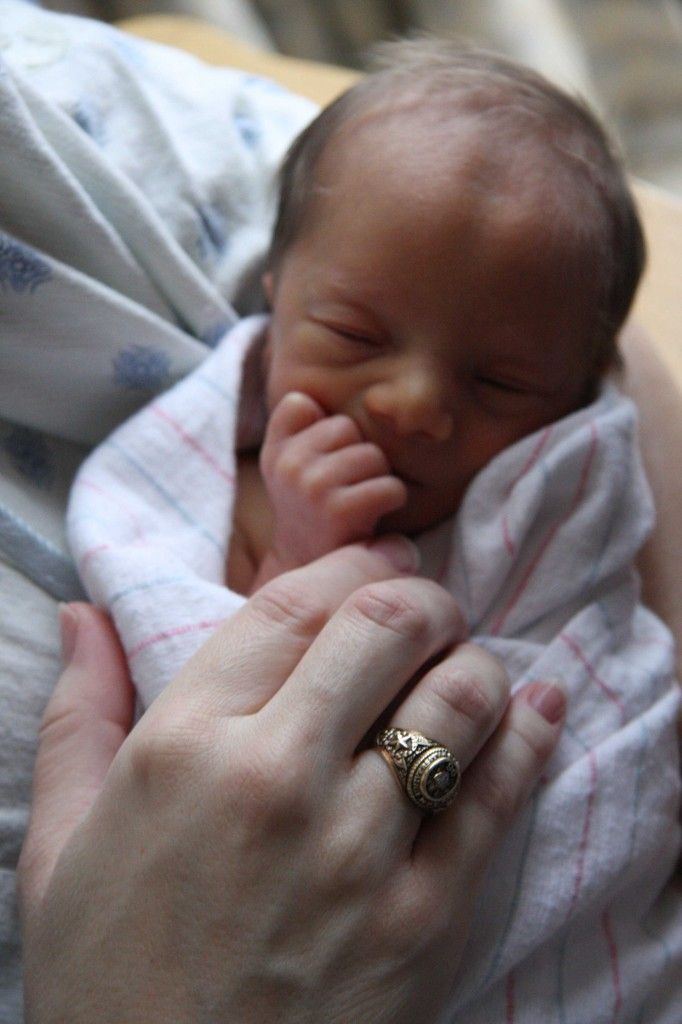 But, of course, there are different degrees of prematurity. Therefore, the norm is now established: if a child is born after 36 weeks, he is not considered premature, no matter what problems he has. There may be problems, but due to the existence of such a norm, no one can argue that they are caused by premature birth.
But, of course, there are different degrees of prematurity. Therefore, the norm is now established: if a child is born after 36 weeks, he is not considered premature, no matter what problems he has. There may be problems, but due to the existence of such a norm, no one can argue that they are caused by premature birth.
− So, some believe that a full-term baby is one who was born after 32 weeks. This is hardly the case, because almost all (in percentage terms) children born at 24-25 weeks have consequences, but the largest number (not percentage) of children who have them were born at 33-36 weeks.
What kind of support children need from PCP
Not all premature babies experience difficulties. Many grow up without problems. It is very important to repeat this over and over again. Because we know that many of our families are labeled with the belief that if a baby is born prematurely, it is bound to have learning difficulties, impaired motor skills, and developmental problems in general.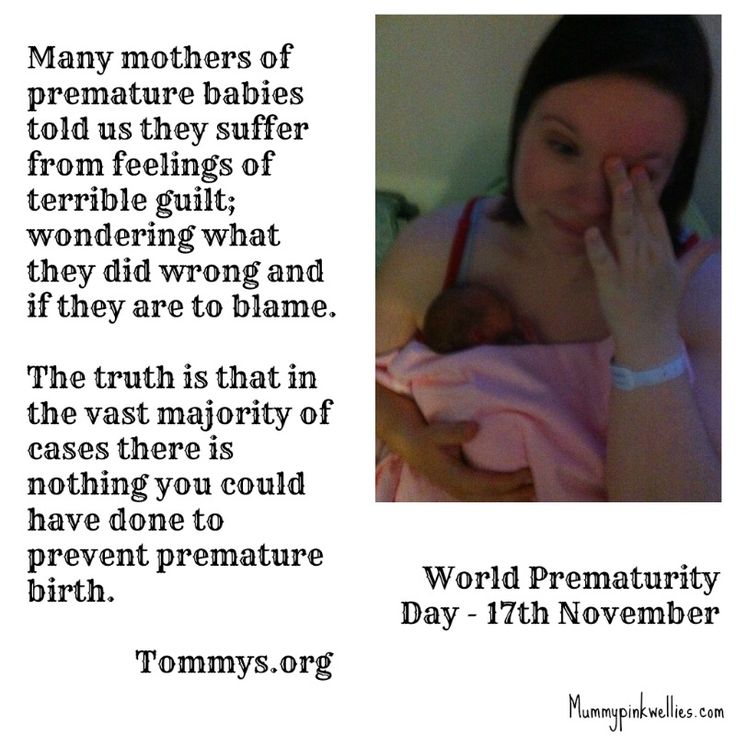 In most cases, this is not the case. Regardless, our kids are doing great.
In most cases, this is not the case. Regardless, our kids are doing great.
Doctors have managed to reduce the level of traditional diseases among newborns. However, we have found that many PCP children have physical and emotional problems, especially when they are exposed to pressure and stress. Changes in society, the acceleration of the pace of life, the lack of help lead to the fact that the weakness of these sensitive children becomes noticeable.
At the moment we lack a concerted effort. Doctors in children's clinics focus on the physical development of children and expect their education and psychological development to be carried out by communes or municipal authorities. In Denmark, there is no cooperation between these institutions.
What are the causes of preterm labor? (www.præmatur.dk)
-
In one third of all cases, the cause is unknown
-
Approximately one third of preterm births are due to late pregnancy toxicity (preeclampsia), the symptoms of which include: headaches, high blood pressure, swelling and protein in the urine.
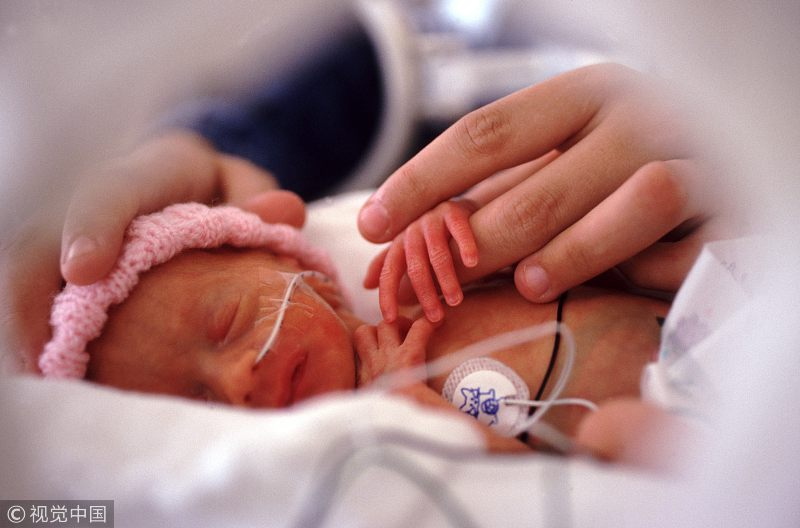
-
Repeated birth of twins and triplets.
-
Cervical conization (in the treatment of cervical cancer).
-
Situations of increased stress.
-
Problems in the functioning of the placenta.
-
Outflow of water. In this case, doctors will try to stop labor (using Ventolin) to allow time for the baby's lungs to develop (using Celeston).
-
If a scan shows that the baby is not growing for a period, doctors may decide it is best for the baby to be born (by resorting to a caesarean section to avoid stress on the baby).
-
Mother under 20 or over 35.
-
Urinary tract infection or other infections.
What problems are typical for these children (www.rafaelcenteret.dk)
Some children experience unpleasant, traumatic experiences and separation from their mother too early. They have immature organs, immature brains and nervous systems.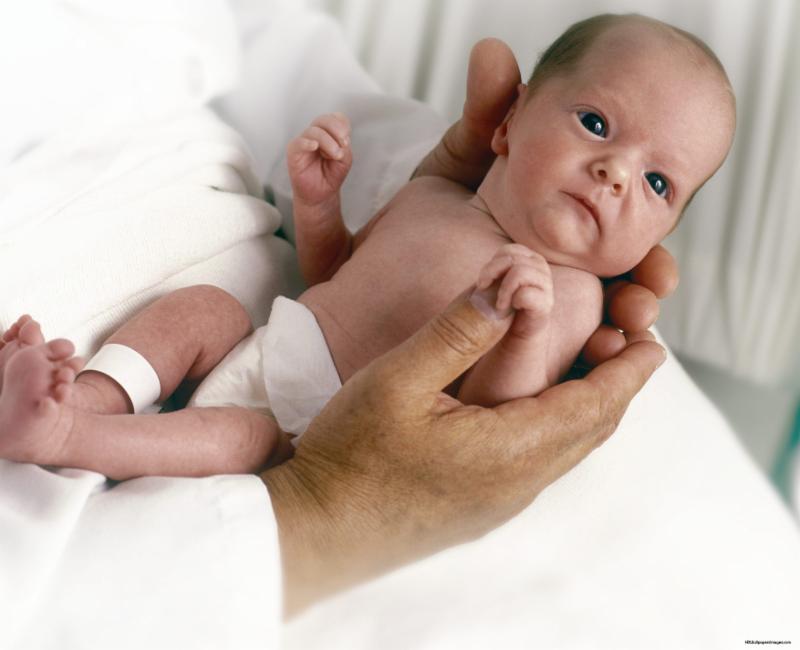
Other babies experience stress, anxiety, illness, or inappropriate environments during the prenatal period, at birth, or later.
When these children grow up, they can become timid and insecure, lack self-respect and self-worth, and can be very vulnerable. In addition, many of these children have difficulties with eating, sleeping, speech and motor development. They are often hyperactive, have trouble concentrating and sensory integration, and have learning difficulties. In many cases, all this leads to problems in the social life of the child.
In addition, there is a small proportion of PCP children who are diagnosed with diseases such as cerebral palsy (spastic type), retinopathy of prematurity (visual impairment), hearing impairment, epilepsy, etc.
All this sounds rather sad, but the representatives of the center come to the following conclusion:
“We can help these disadvantaged children and adolescents improve their physical, psychological and emotional state. So there is hope."
So there is hope."
(Danish Jonna Epsen collected existing knowledge on this topic and presented them in the book: BornTooEarly: HiddenHandicapsofPrematureChildren, JonnaJepsen (Born too soon: the hidden problems of premature babies, 2006. 240 pages. She also has personal experience: her twins were born at 27 weeks)
Back to adult PCP. Interview with a woman who was born at 32 weeks
My mother became ill (I later learned she had preeclampsia), she was admitted to the hospital, and I was born. I don’t know whether it was I myself who wanted to get rid of the discomfort and therefore hurried, whether it was the decision of the doctors, or all together. Be that as it may, I was born, I survived, but I had to spend three weeks apart from my mother, and since then the feeling of loneliness has not left me. And I'm already 52 years old.
About eight years ago, I contacted Præmatur, a society that deals with premature babies. I wanted to find other adults who were born prematurely, but at that time the society only dealt with the problems of premature babies. There was little information about those who had already grown up.
There was little information about those who had already grown up.
How are you, preterm adults? Do you experience the same feeling of loneliness?
Even though I want to connect with others, I don't want to get too caught up in it, I don't want to identify myself with PCP only. But it seems to me that my life has gone a little awry because of my vulnerability, the terrible pain in my body and the feeling that I was abandoned. So I was very curious to know how others are doing, if they are experiencing the same problems, how they manage to cope with it and what exactly they are doing to improve their lives.
As a child, I was called "quiet". Now they say that such children have "hypersensitivity." My parents were then told that I would not fall behind my classmates at all when I went to school. At school, no one knew that I was born prematurely, so no one focused on it.
The school seemed to me a very unfriendly and scary place, I had problems with learning.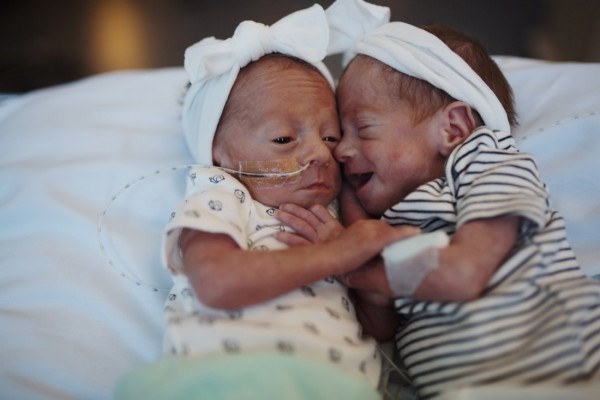 I was frightened when the teacher scolded us or just spoke a little stricter than usual. I felt different, wrong, not at all as brave as my classmates.
I was frightened when the teacher scolded us or just spoke a little stricter than usual. I felt different, wrong, not at all as brave as my classmates.
I have always believed that I must fully meet all the requirements and expectations, otherwise I will not be good enough, and I will be rejected. It was a very serious stress factor.
I never took part in what was happening
When I was born, I was separated from my mother for three weeks, we were in different hospitals, and this separation still feels like loneliness, lack of warmth, abandonment. A strange and interesting thing is that I still feel it on a psychological level, although from a physical point of view it is not considered a problem. But for me this is a problem. I HAVE NEVER PARTICIPATED IN WHAT HAPPENED IN MY LIFE. As a child, my parents often cursed, as a result, I withdrew into myself, closed in on myself, like an oyster in a shell, and the feeling of loneliness only intensified.
I also realized that my environment (parents, school, colleagues) only exacerbated my problems. They did not make my life easier and did not help me cope with difficulties. I think teachers at school should know something about this. The teacher must understand the child, and not just scold him, because the child is not clear why he is being scolded. This understanding should develop into support in order to teach the child what he lacks.
I had some learning problems, and I think other PCP people did too. For example, it is difficult for me to navigate in space, to find the way.
Romantic relationships with a partner were painful for me, as I felt abandoned whenever he needed to go somewhere, even if it was badminton or meeting friends. Therefore, I was very intrusive and demanded a lot of attention, which I myself often regretted.
I have lived alone for a long time, and this is in a sense better, because I am not stung by the other person's mood, and I do not feel abandoned all the time. At the same time, I can experience a strong feeling of loneliness.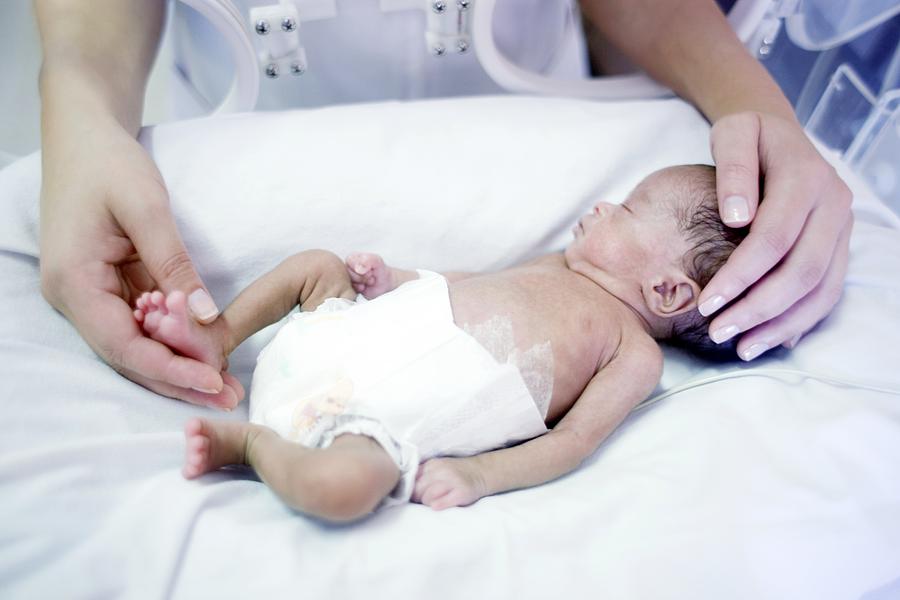 I am working on this now.
I am working on this now.
I try to think positively and think that I belong to a circle of people who also do not have a partner, instead of feeling like an outcast among couples.
Over the years I have done a lot to change myself. I studied NLP for two years and completed a two-year therapy course, the main theme of which was "Healing the inner child." I also went through a wide variety of therapies.
This gave me a lot of tools and helped me a lot, but I still have some problems. I was diagnosed with fibromyalgia, so I decided to start working flexible hours. I still have a feeling of inferiority, it’s hard for me to stand up for myself and say: “here I am.”
But I try. I'm here. Is there anyone else here?
Bodynamic Therapy
When I was offered several sessions of Bodynamic Psychotherapy, I quickly agreed.
Some classes were devoted to the prenatal period, and in them I got acquainted with the concept of "having a RIGHT". When I first heard that I have the RIGHT to live, exist, contact people, and not be alone, my picture of the world changed.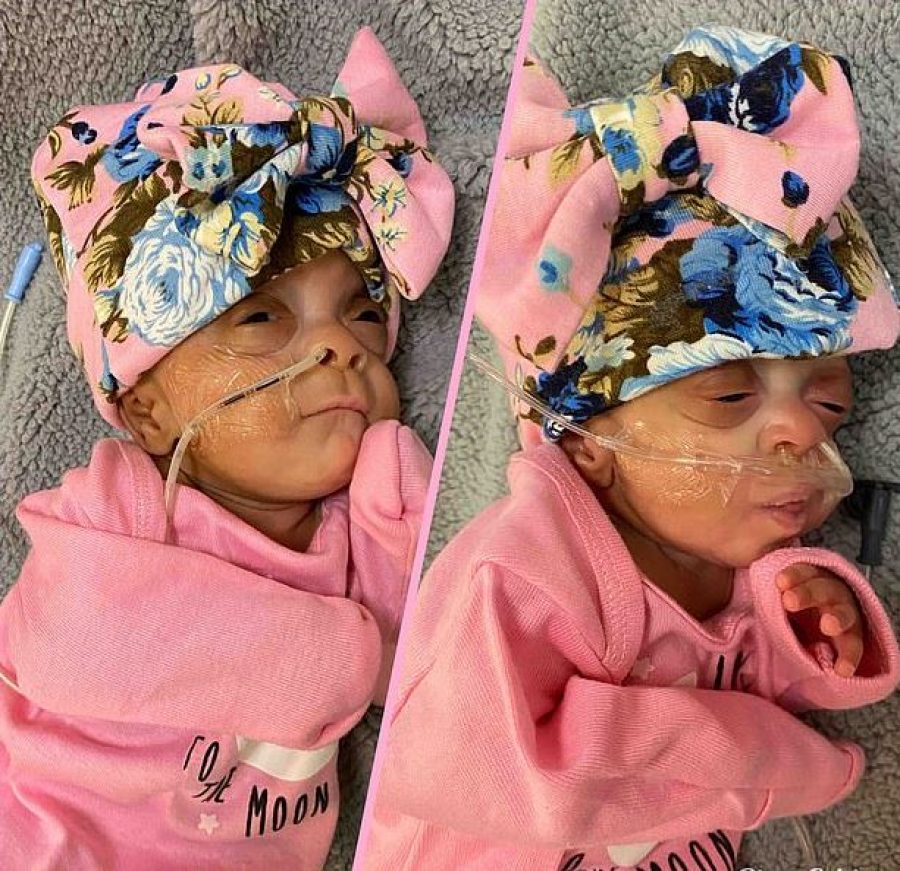 To have a RIGHT to something is probably the most valuable thing I learned from these classes. The right to contact, the right to get a response when I say something, the right to say what I want, the right to say “stop” when I don’t like something and it becomes excessive for me, and so on.
To have a RIGHT to something is probably the most valuable thing I learned from these classes. The right to contact, the right to get a response when I say something, the right to say what I want, the right to say “stop” when I don’t like something and it becomes excessive for me, and so on.
Therapy has also given me the tools to deal with low self-esteem, stand up for myself, and look and feel more important.
Here are some of them:
-
The very statement "you have a RIGHT to...". Hearing this was almost utopia. I couldn't believe it was true, but I worked hard to accept this statement.
-
When, for some reason I don't understand, I hear criticism or vague phrases like “you are such and such ...”, I have learned to ask: “What do you mean?”. And instead of reflexively "closing", I get a detailed explanation of these phrases. And this is very good, because suddenly I found that these types of phrases are not always associated with criticism, and I manage to stay in touch.

-
I understand why I often don't feel like talking to others. This happens because people are talking about someone or something, and not about themselves. They don't "share" themselves, that is, they don't talk about how they've been affected by what they're discussing. Therefore, it is not interesting. I used to think that I was so “strict”, but now I know why I felt that way. Now I can ask: "How did it affect you?" Or be the first to talk about your feelings. Or I can “close” (which I do most often), but I no longer feel wrong. And it's HEALTHY.
-
I'm much better at saying what I think out loud, but I'm not yet able to act on it (I can't handle the last step of the communication model I've learned). But I'm still pleased when I succeed, I feel that they listen to me more and that they respect me.
-
I have learned to be content with little instead of getting nothing. The best thing is to learn to be strong yourself so that you don’t have to please others in the hope of getting something from them.
 I'm still working on it and I know it's a lengthy process so I always need to pay attention to it.
I'm still working on it and I know it's a lengthy process so I always need to pay attention to it. -
It's hard for me to understand what I like, what I want, so I was glad to learn the "Lift" exercise, which helps to understand what I like by the reaction of the body. Sometimes I can do an exercise well and intuitively understand what I want. But I have noticed that I find it difficult to complete a task if another person is involved, because other people are more important than me (BECAUSE I ALLOW OTHER PEOPLE TO BE IMPORTANT ME).
Still difficult:
-
I still can't "stand out", "be the center of attention". It is difficult for me to express myself, despite the fact that I have many resources and tools at my disposal.
-
Separation and separation have been and remain a big problem, although now I am not deprived of bodily contact. I am a baby from the couveuse.
-
I always thought I was "not good enough".
/imgs/2020/08/03/08/4031810/f14c33a6906619242ce265078beab4a5e568363a.jpg) I remember that as a child, this is how my father evaluated me (verbally and non-verbally).
I remember that as a child, this is how my father evaluated me (verbally and non-verbally). -
I have become better at distinguishing facts from feelings and predicting consequences, but I still find it difficult to act on this understanding.
-
In one of my therapy sessions, I "talked to my father" (I also worked out the consequences of his influence on me earlier, because it was very negative). During that session, I let go of the negative feelings I had for him, and now I can safely be around him. I can also see the resources he has given me and think of him with love.
Hypermobile Joints
Those born prematurely often suffer from joint hypermobility, which can easily lead to inflammation and possibly fibromyalgia. Now my joints are becoming less mobile, and it is difficult for me to get rid of the pain. I've had pain in my body all my life. First in the back and neck, now in the feet, coccyx, thighs, shoulders, elbows and fingers.
The effects of joint hypermobility have become chronic and I can't get rid of them even though I run and do other physical exercises. If I didn't, things would be even worse.
Now I would say: "You must avoid excessive stretching so as not to harm the joints." But without it, I would not feel my body!
I also attended evening classes for hypersensitive people. There I learned slower movements, such as slow stretching of the inner thigh (sitting on the floor and pulling my feet towards me, connecting the soles of my feet and spreading my knees apart). It was physically and mentally difficult to do this exercise slowly, but it helped, although I would have preferred to do Zumba, despite the fact that after it my whole body hurts. When doing fast and intense exercises, I found it difficult to face my psychological pain.
I think because I was born too early, I tend to give up and "shut in" in difficult situations.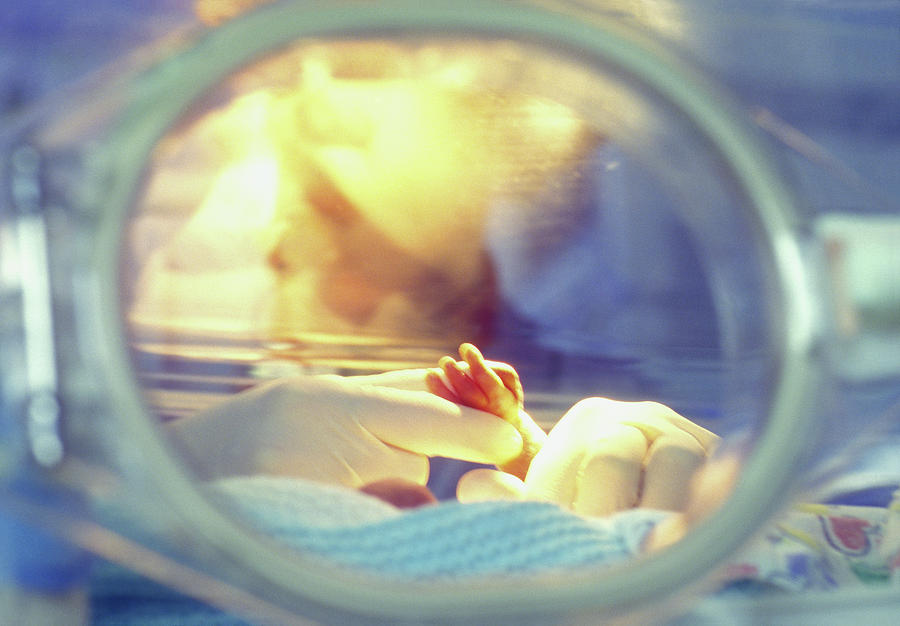 This happens, for example, in relationships with friends/enemies. When some difficulties arise, I feel that we can no longer be together, and at the same time I cannot leave, because I am afraid of being abandoned. So I just close myself in, and of course it annoys the rest, so the problems only get worse.
This happens, for example, in relationships with friends/enemies. When some difficulties arise, I feel that we can no longer be together, and at the same time I cannot leave, because I am afraid of being abandoned. So I just close myself in, and of course it annoys the rest, so the problems only get worse.
Projects for PCP people
I think it would be nice to gather in support groups to such people, where we could exchange experience, learn the skills of social interaction, learn something useful about communicating with people and about relationships-to do what it is difficult to find out about in some other way.
For example, that we “have the RIGHT” to simply “BE”, the RIGHT to get what we need, the RIGHT to feel complete.
I also think it's a good idea to get together in therapy groups because so many of us have similar problems.
I know of only one book that collects information about PCP. It is called "Even as an adult, a person remains prematurely born" ("Er man stadig for tidligt født selv om man er voksen", Kasper Zeij). The author, Kasper Zay, interviewed six people who were born prematurely. The book was published in Danish in 2011 and costs 198 crowns, or about $25. Try looking it up in the library or contact the Præmatur society.
The author, Kasper Zay, interviewed six people who were born prematurely. The book was published in Danish in 2011 and costs 198 crowns, or about $25. Try looking it up in the library or contact the Præmatur society.
Therapist's comment
Premature birth likely affects a small area of the brain called the hippocampus because preterm people have trouble navigating in space. These are the consequences of traumatic shock. By saying this, I want to emphasize that preterm birth should be considered as a shock trauma. This must be taken into account when assisting such clients.
According to our understanding of what is happening with prematurely born people, we dedicate the first sessions to support the RIGHT to life and, in general, the RIGHT to much more.
They then need to master new resources that have not been developed due to lack of support from family and school.
Much has been accomplished with this client in the first eight sessions, and she still has a lot to learn.
Case Studies with PCP Children
Below are two examples of my colleague Lisbeth Marcher's work with preterm babies.
- Boy 6-7 years old.
There is no specific information about the baby's life in the first week after birth. What is known is that he spent the first week in the couveuse. His parents visited him as often as they could.
At the time of therapy, the parents are divorced and live half a kilometer apart. The child lives with one or the other parent, missing the absent one very much.
Worked with balance and centering and now the child has a LOT of resources. Well oriented, well developed physically and intellectually.
Lisbeth talked to the baby about his premature birth. He could not imagine being in the womb, but he could describe the hospital where his parents visited him. He drew a child and said that he looked very lonely.
Since the boy was born by caesarean section, he and the therapist did special exercises “by birth”, which were then practiced at home.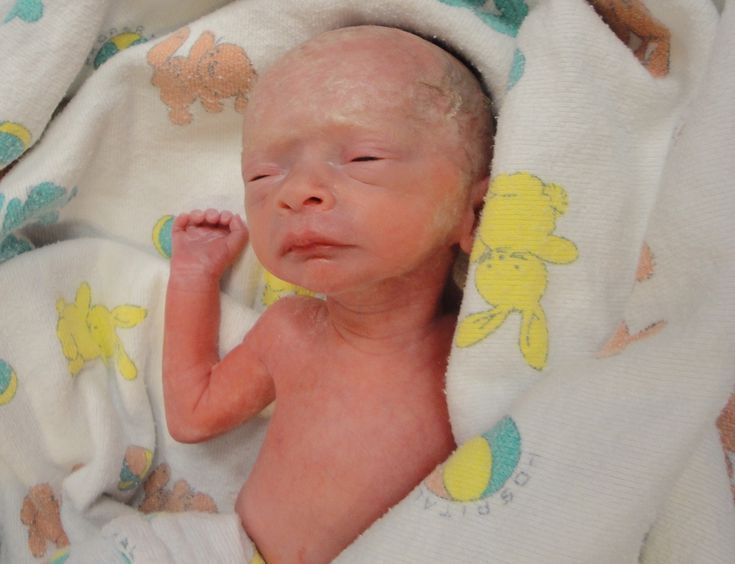
Later rebirth took place. Imagining himself in a couveuse, he remembered its buzzing sound and severe pain in his stomach. He "saw" that his father was nearby, felt his hand, and he was not so lonely.
Lisbeth talked to the boy about all this and about the experience of missing one of the parents. After the process, the child did not feel well at home, but he experienced not longing, but negative sensations associated with being in the incubator.
- Child 5-6 years old.
Very intelligent, behavior characteristic of Attention Deficit Hyperactivity Disorder (ADHD). Many other motor development problems were found in the kindergarten, so they asked for a diagnosis of ADHD in order to avoid drug treatment.
The father discussed various issues with his son, as with an eight-year-old, and the boy was really quick-witted. However, the father argued with him in order to WIN, which confused and upset the child.
High and very structured IQ.
Motor development corresponded to the age of four. It was difficult for him to stand on the balancing board. He could neither attract nor repel, neither with his hands, nor with his whole body; did not understand what “back” and “forward” were (but understood the commands “back” and “chest”).
I studied at home, but my parents' expectations were too high.
Rebirth. The process of passing through the canal was difficult, despite the fact that Lisbeth did not hold the child firmly. He became desperate, biting and fighting for release. "Try to lie down and calm down," Lisbeth said. The mother thought that the boy would no longer want to study, but he said that he agreed to repeat the process, "but just next time, don't keep me so long."
Rebirth, accompanied by revival of reflexes, repulsion and ideal messages, has been completed.
"Why can't I keep my physical balance?" the boy asked.
“You only understand with your head what balance is, but real balance comes from within. ” After rebirth, the child learned to stand properly on the balance board.
” After rebirth, the child learned to stand properly on the balance board.
Recorded by Eric Jarlnes.
For further information contact [email protected]
When using the materials of the article, a link to this page is required!
Features of adaptation and development of premature babies. Doctor Plus Medical Center
The first year of a child's life is characterized by the most intensive growth and rapid development. But during this period, the body is extremely vulnerable, the defenses are weak and imperfect. This is especially true for children who were born prematurely and are considered premature.
Premature are children born at gestational age from 28 to 37 completed weeks, weighing from 1000 - 2500 grams, height 35 - 45 cm.
The reasons for their premature birth are varied: too young age and, accordingly, the mother's body; hemolytic disease of the fetus, which develops as a result of Rhesus conflict; pathological (not normal) course of pregnancy; previous abortions, illness, physical and mental trauma; harmful working conditions, the use of nicotine and alcohol.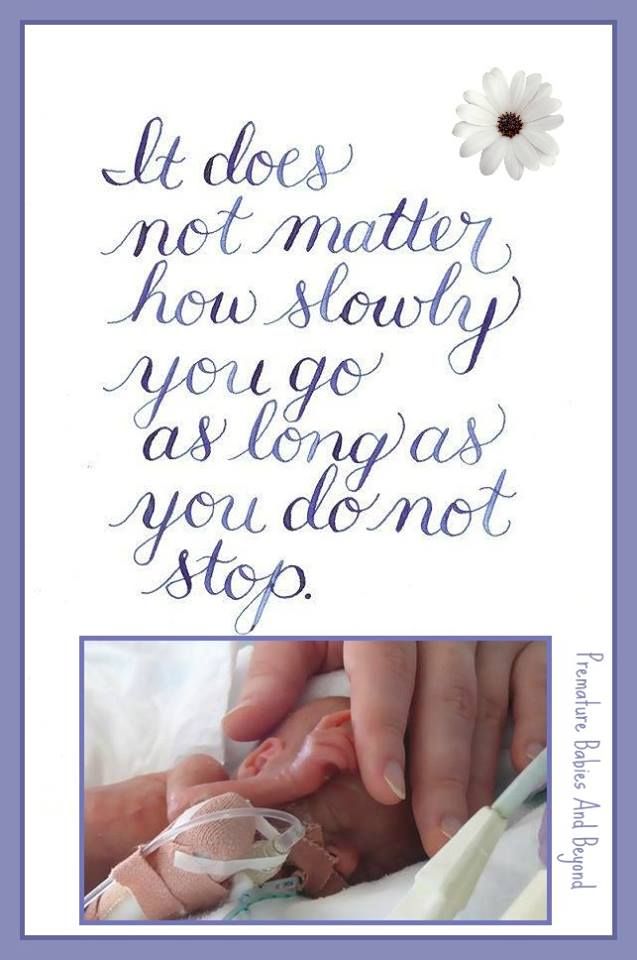
What a premature baby looks like. Anatomical and physiological signs.
There are 4 degrees of prematurity, depending on the weight of the child:
Grade 1: 2500 -2001 grams Grade 3: 1500 - 1001 grams
Grade 2: 2000 – 1500 grams Grade 4: 1000 grams or less.
Since body weight may or may not correspond to the gestational age at the time of birth, premature babies are divided into 2 groups also according to these signs
• children whose physical development corresponds to the gestational age at the time of birth;
In premature babies, the subcutaneous fat layer is not sufficiently developed, i.e. they suffer more from overheating and hypothermia. The skin is thin, dry, wrinkled, abundantly covered with fluff. Insufficient maturity of blood vessels is manifested by the Harlequin symptom. If you put the baby on its side, the skin acquires a contrasting pink color.
The bones of the skull are malleable, not only a large, but also a small fontanel is open.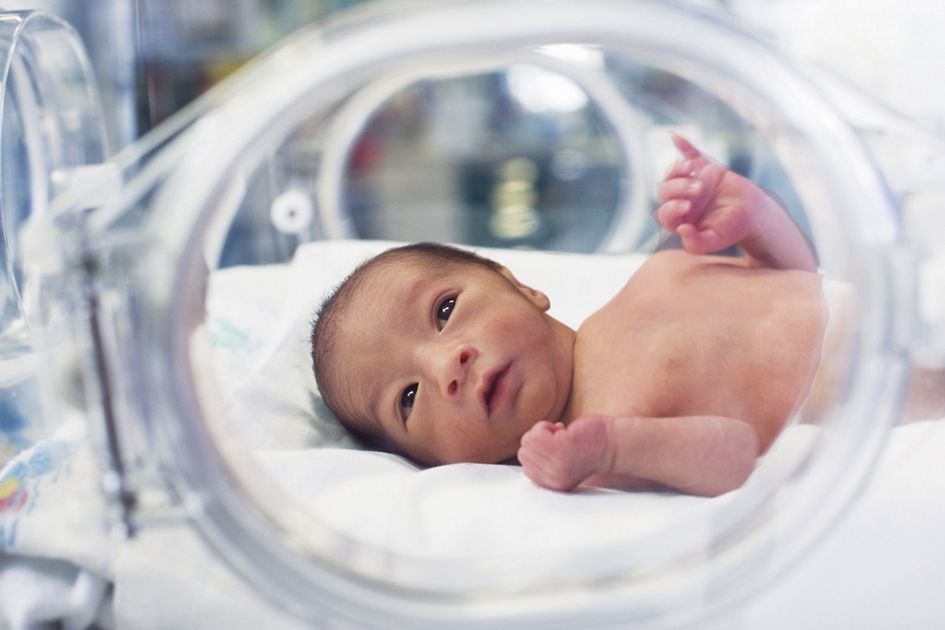
The auricles are soft - the cartilage in them has not yet formed, they are pressed to the head, and not separated from it, as in full-term ones.
The nails do not reach the edge of the phalanges of the fingers, the umbilical cord is located below the middle of the body, and not in the center.
The underdevelopment of the genital organs is indicative: in girls, the labia minora are not covered by the large ones. In boys, the testicles are not descended into the scrotum.
The child sucks badly, swallows with difficulty. The cry is weak, breathing is not rhythmic. Physiological jaundice often lasts up to 3-4 weeks.
The umbilical cord falls off much later, and the umbilical wound heals more slowly.
It has its own characteristics and physiological weight loss. It is restored only by 2-3 weeks of life, and the timing of weight recovery is directly dependent on the maturity of the child, i.e. not only the date of his birth, but also the degree of adaptation of the baby to environmental conditions.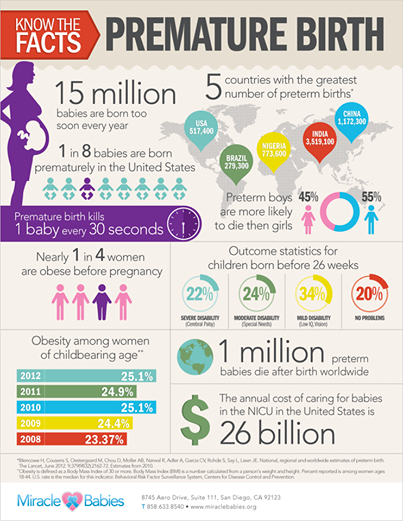
In premature babies, the nerve centers that regulate the rhythm of breathing are not fully formed. The formation of lung tissue has not been completed, in particular, a substance that prevents the “falling off” of the lungs - Surfactant. Therefore, their respiratory rate is not constant. With anxiety, it reaches 60-80 in 1 minute, at rest and during sleep it becomes less frequent, respiratory arrests may even be observed. The expansion of the lungs due to an insufficient amount of Surfactant is slowed down, and respiratory failure may occur.
The heart rate also depends on the condition of the child and environmental conditions. With an increase in the ambient temperature and the child's anxiety, the heart rate increases to 200 beats per minute.
In premature newborns, asphyxia and cerebral hemorrhage occur more often. They are more likely to suffer from acute respiratory diseases, intestinal infections, which is due to weak immunity and insufficient development of many adaptive reactions.
These babies are more likely than full-term babies to develop anemia (anemia).
Especially during the period when intensive growth and weight gain begins (2-3 months). With proper nutrition of the child and the mother, if she breastfeeds, these phenomena quickly pass. In the case when anemia is of a protracted nature, it is necessary to prescribe iron preparations.
The further development of the child is determined not only by the degree of prematurity, but also in many respects, by the state of his health for a given period of time.
If the child is practically healthy, from the 2nd month of life, he gains weight and height in the same way as full-term ones. By the end of the 1st year, the weight increases by 5-10 times compared to the weight at birth.
The average height is 70-77 cm.
The nervous system of premature babies is also more immature. The development of various skills, their intellectual development lags behind by 1-2 months.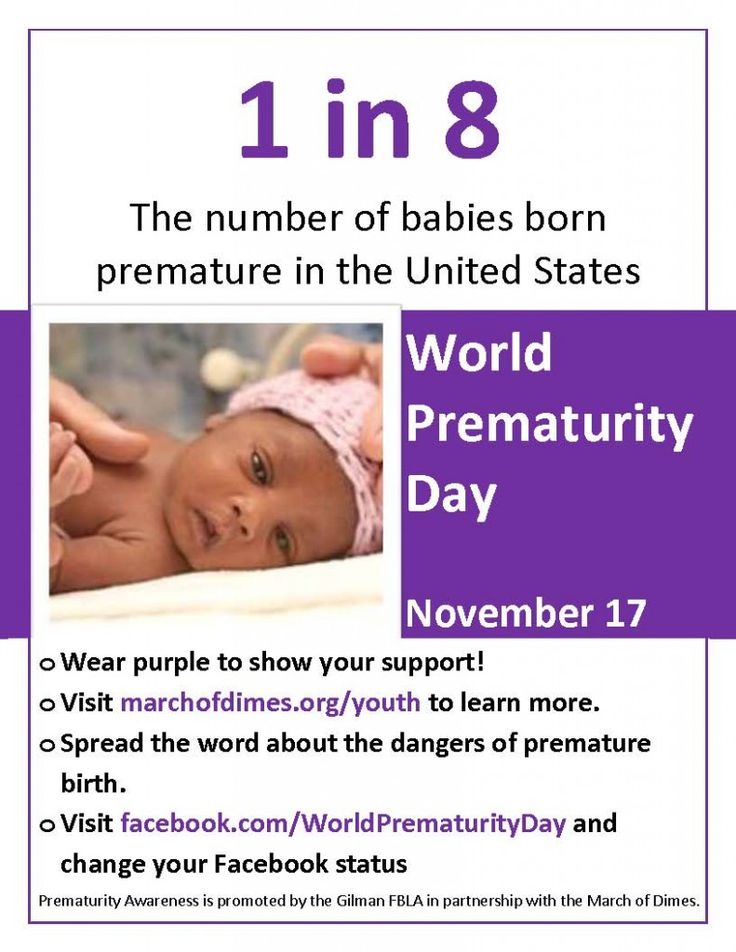
These children sit down later, start walking later, they may have anomalies in the structure of the foot, curvature of the legs, and spine. If children are born very premature and often get sick, their development slows down by about a year. In the future, it levels off, approximately to preschool age.
If you have suffered intrauterine malnutrition, i.e. the nutrition of the fetus was disturbed for some reason - diseases of the mother, anomalies in the development of the child itself, anomalies in the development of the umbilical cord and placenta, then its central nervous system can recover for a long time (therefore, the observation of a neurologist is very important).
There may be lability of the nervous system (mood changes easily, often gives in to emotions, conflicts with other people are not uncommon), night terrors, enuresis (urinary incontinence), lack of appetite, a tendency to nausea.
However, in general, premature babies grow up as quite normal people.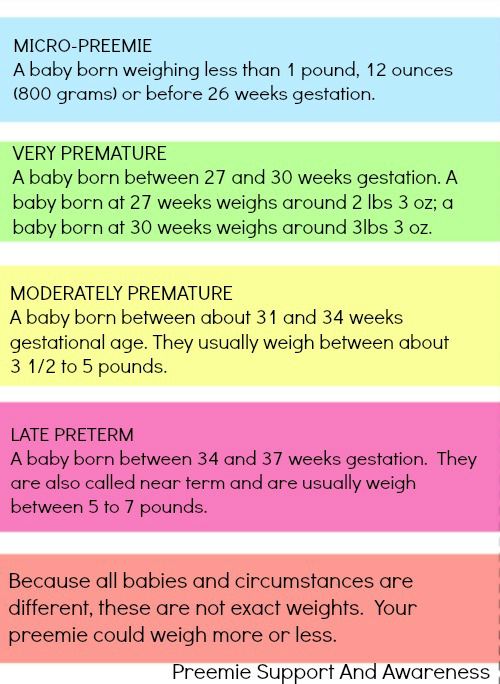
Caring for a premature baby after discharge from the maternity hospital.
For a child born prematurely, dispensary observation is established at the place of residence up to 7 years.
Periodic consultations of specialists are obligatory, first of all - a neurologist, as well as a surgeon, an otolaryngologist, an ophthalmologist
From the age of 2-4 weeks, rickets is prevented (ultraviolet
irradiation - quartzization, the addition of vitamin D to food, massage, hardening).
The most adequate type of nutrition for a premature baby is breastfeeding. But given that the baby can suck out an insufficient amount of breast milk, you can supplement it with expressed milk or adapted mixtures.
From 4 months - vegetable purees, 5 months. - porridge, 6 months. - give meat soufflé.
Correction of protein and fat deficiency is carried out by adding the required amount of kefir and cottage cheese, starting with 5 ml, gradually increasing the dosage.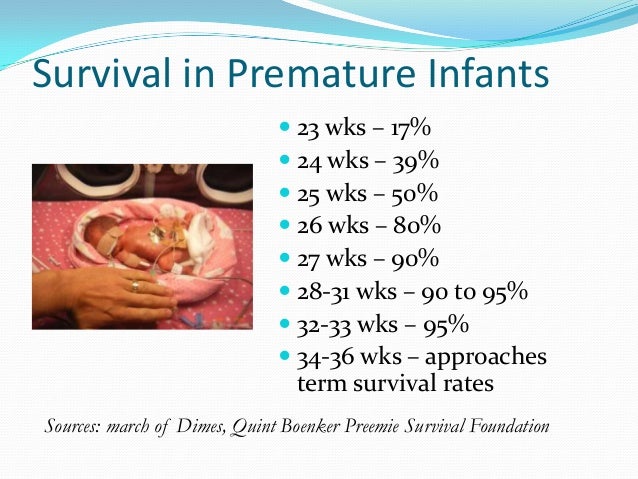
The room in which a premature baby lives should be bright, dry and thoroughly ventilated. The optimum room temperature is 20-22 *. S. Walks are very important. Sufficient exposure to fresh air prevents the development of pathological conditions.
In winter, walks start from the age of 2 months at an air temperature not lower than -8, -10*C. The duration of the walk is from 15 minutes to 2 hours. In summer, a child can spend all the intervals between feedings during the day in the fresh air. On windy, rainy and very hot days (more than 30*C), it is better for children to sleep indoors with windows open or on the veranda.
Daily warm baths are helpful. When bathing premature babies, the water temperature should be at least 37*C.
Vaccination of premature babies is carried out strictly according to an individual schedule, it depends on the state of health, physical and neuropsychic development of the child.
When organizing care for a child born prematurely, one should take into account the functional characteristics of the organism.






